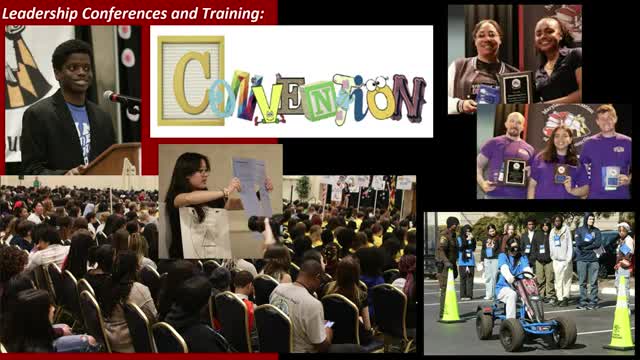Maryland reports rebound in Infants and Toddlers enrollments; state stresses early intervention benefits and outreach
Get AI-powered insights, summaries, and transcripts
Subscribe
Summary
MSDE briefed the board on the Maryland Infants and Toddlers Program (Part C), reporting enrollment recovery after pandemic declines, an extended IFSP option used by about half of families, and evidence that early services reduce later special education need.
Maryland education officials updated the State Board of Education on the Maryland Infants and Toddlers Program (Part C early intervention) on Feb. 20, saying the system is recovering from pandemic-era enrollment declines and reiterating that early services are free and designed to be family-centered.
Assistant Superintendent Antwan Hickman and early intervention staff described how the program provides individualized family service plans (IFSPs) and delivers supports in children’s natural environments. Officials cited a 2017 Maryland study that found roughly 68 percent of children who received Part C services did not require special education in elementary school; the department said it is preparing an updated analysis with more recent cohorts.
Officials stressed the program’s core principles: services focused on functional outcomes agreed with families, delivered through coaching and embedded in daily routines, and cross-disciplinary teams coordinated by a service coordinator. Maryland uses an “extended IFSP” option that allows families to continue Part C services past age three up to the start of pre-K; the department said about 50 percent of eligible families elect the extended option.
Referrals are voluntary and can come from anyone; MSDE maintains an online referral portal and local programs also accept phone or faxed referrals. Staff said equitable outreach to families and medical and child-care partners is a continuing priority, and noted materials are available in multiple languages with state and local outreach campaigns.
Ending: The department emphasized early intervention’s purpose — boosting child development and family capacity — and called for continued outreach and partnerships with pediatricians, hospitals and child-care providers to identify children early and deliver timely services.
